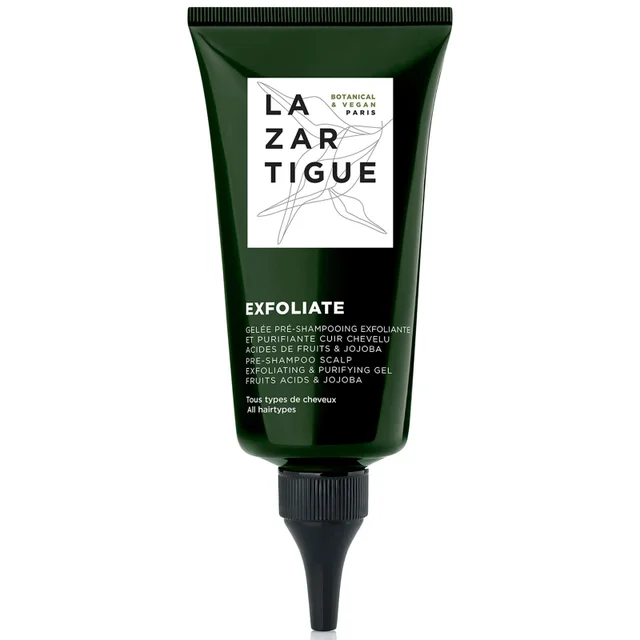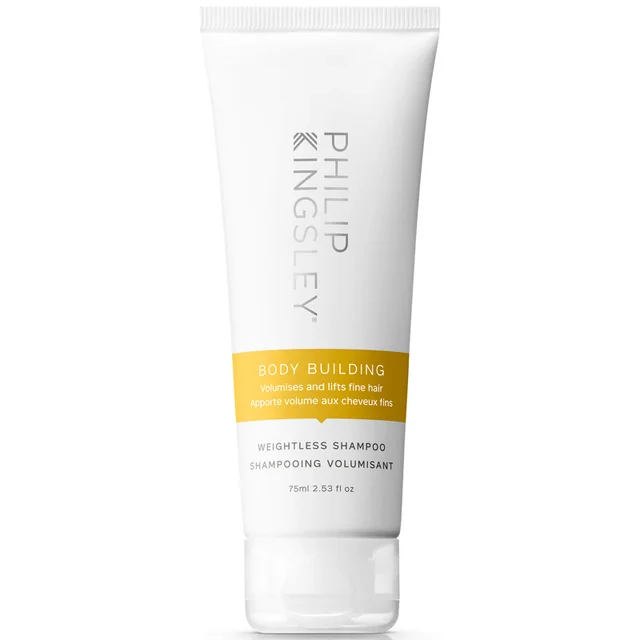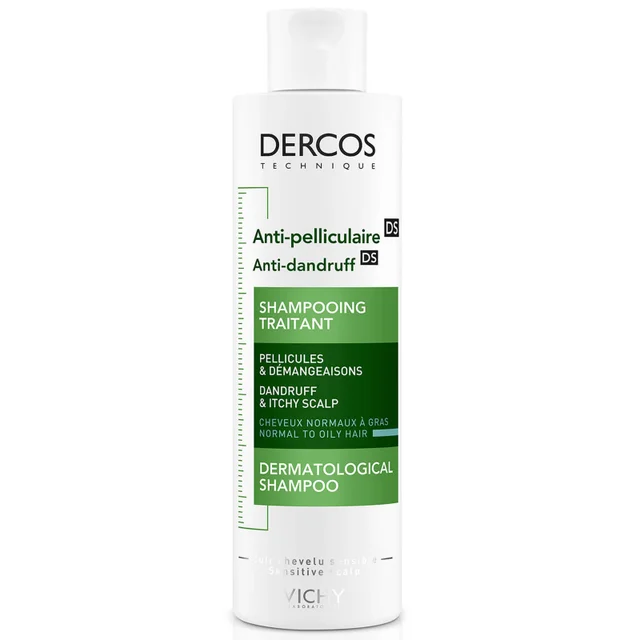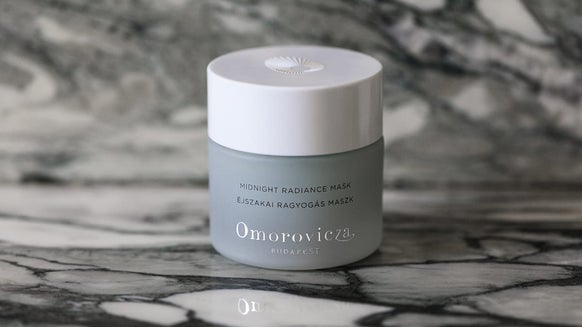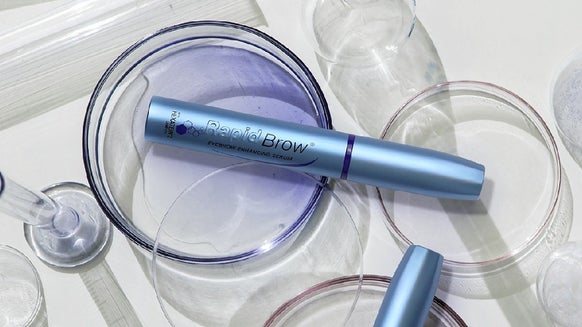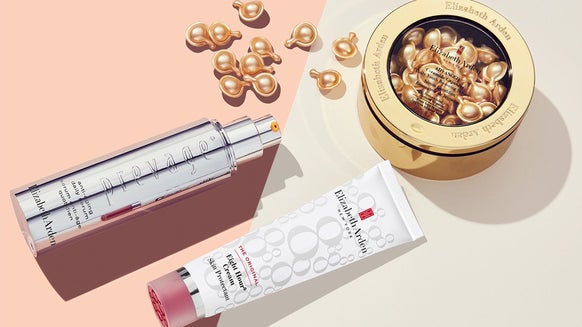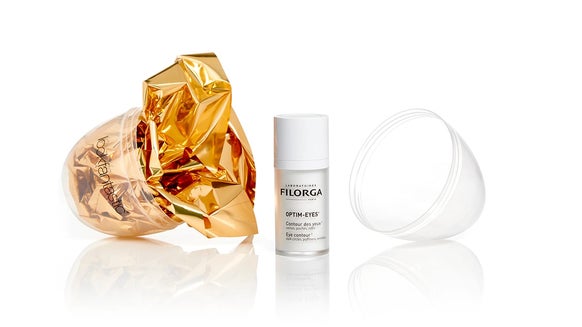Your most-asked scalp concerns answered
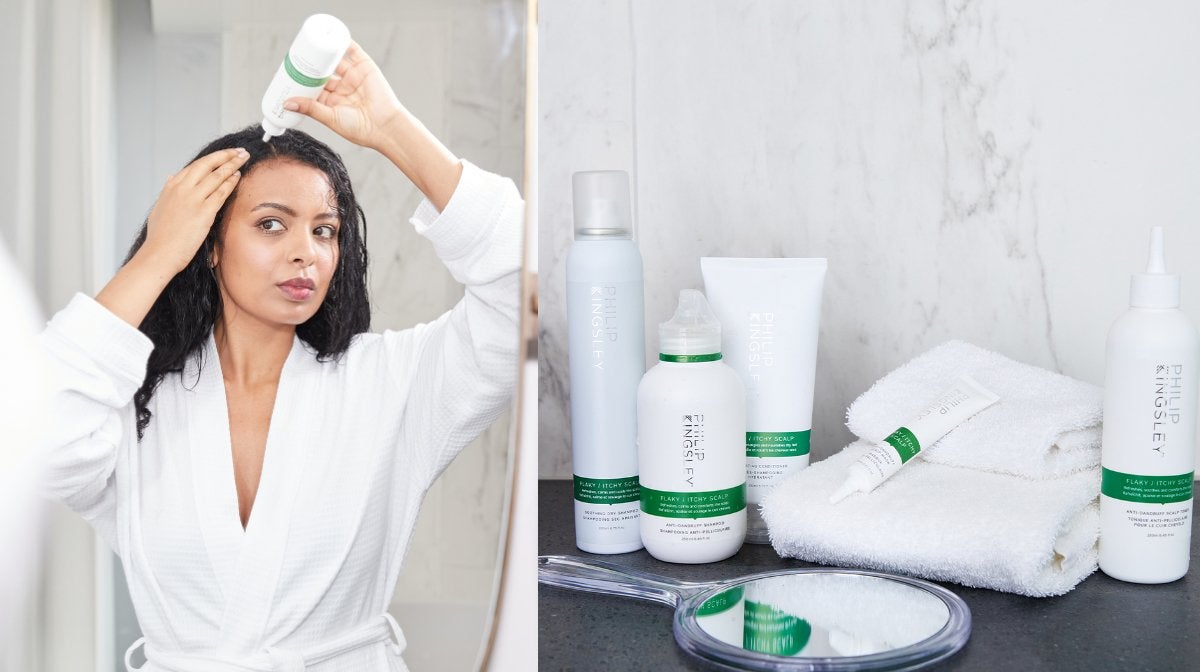
Have you ever suffered from a dry, oily or itchy scalp? I think most of us have, at least at some point. Often underestimated and even forgotten about, the scalp can become an area of serious sensitivity and irritation. This can especially be the case if you're trying to train your hair to last longer between washes, if you're wearing your afro hair in a protective hairstyle, or if you're trying to make your blow out last a little longer.
To answer some of your most asked scalp related questions, we enlisted the help of not one, but two experts. Our first expert is Anabel Kingsley, Trichologist (hair and scalp specialist) and owner of Philip Kingsley. Our second, Lisa Caddy, Trichologist and brand ambassador for Philip Kingsley.
What's the difference between dandruff and dry scalp?
People often assume that dandruff is the result of a dry scalp, however, that is not the case. While a dry scalp is caused by a lack of oil and water in or on the skin, dandruff, also known as seborrhoeic dermatitis (seborrhoea is literally translated as ‘excessive oils’!), is an oily scalp condition. - Anabel Kingsley
What's causes dandruff?
Dandruff occurs when the microbiome of their scalp becomes imbalanced. Yeasts naturally live on our scalps, and usually do not cause any problems.
The problem starts when a certain species of yeast, called the Malassezia yeasts, overgrown. This kind of yeast can cause skin cells to divide too rapidly, leading to tell-take flakes and itching. Malassezia yeasts thrive in an oily environment, and so are likely to overgrow if you shampoo infrequently or have a naturally oily scalp.
However, it is also thought that some people’s scalps are simply sensitive to normal levels of these yeasts. For those prone to dandruff, stress, illness, monthly hormonal fluctuations, and certain foods (like full-fat dairy products) often trigger it. - Anabel Kingsley

How to wash your hair less and keep it clean for longer
Keep reading if you're trying to wash your hair less and make your hair less greasy. Discover which ingredients to avoid, and which ones to look out for.
What can prevent dandruff?
You cannot cure or 100% prevent dandruff, but there are steps you can take to reduce the likelihood of a flare-up. One of the most important things you can do is to shampoo regularly. This removes excess oils, which helps to keep yeast levels in check and makes it harder for them to over-proliferate. The massaging action of shampooing also helps to remove dead skin cells from the surface of your scalp.
Stress management is also essential, because stress can disrupt your skin’s barrier function. There’s no one-size-fits-all for stress management, but my Clients are big fans of yoga, pilates, swimming and mindfulness. Dietary changes can also help such as avoiding foods such as cheese and champagne. - Anabel Kingsley
How can you treat Dandruff?
If you’re particularly prone to dandruff or are prone to the more severe form of it (called seborrhoeic dermatitis or ‘dandruff’s big brother’), I suggest using targeted products as part of your regular hair care regime.
Use a weekly targeted scalp mask, a daily anti-microbial scalp toner and shampoo your hair with an anti-dandruff shampoo every other wash. - Anabel Kingsley
Difference between flaky and oil scalp?
Dandruff can be mistaken for a dry scalp condition, however a dry scalp occurs when the top layer of skin (the epidermis) lacks moisture (water). Dry scalp is commonly due to environmental factors, such as weather. Flakes (Dandruff), on the other hand, are almost always the result of an oily scalp. - Anabel Kingsley
What's the best way to treat oily scalp?
If your scalp is oily and gets greasy at the roots quickly, but there is no sign of flakes or irritation then I would advise a deeply cleansing shampoo and lightweight conditioner, applied only to the mid lengths. Our Body Building Weightless Shampoo and Body Building Weightless Conditioner are designed to ease exactly this kind of irritation. - Anabel Kingsley
What's the best way to treat a flaking scalp?
When irritation or flakes are present, you should use a targeted anti-microbial shampoo to rebalance the scalp. In both cases, shampooing daily is essential. - Anabel Kingsley
What time of the year is it prevalent?
Dandruff can hit at any time of year. In the winter months when we’re going in and out of hot and cold places, cold weather can dry the skin out and the same applies to the scalp. During the summer when the sun is out, we’re getting hot and sweaty and this can contribute to an increase in scalp oiliness and flaking. - Lisa Caddy
After something else? Find the full list of Anti-Dandruff Treatment for those with scalp concerns, or find the perfect regime for you with our Routine Builder.

Our team of beauty experts cover everything from makeup to skincare, picking out the most effective products from the best brands and latest trends. Stay up to date on everything beauty with the LOOKFANTASTIC blog, and find all your essentials in one place.
